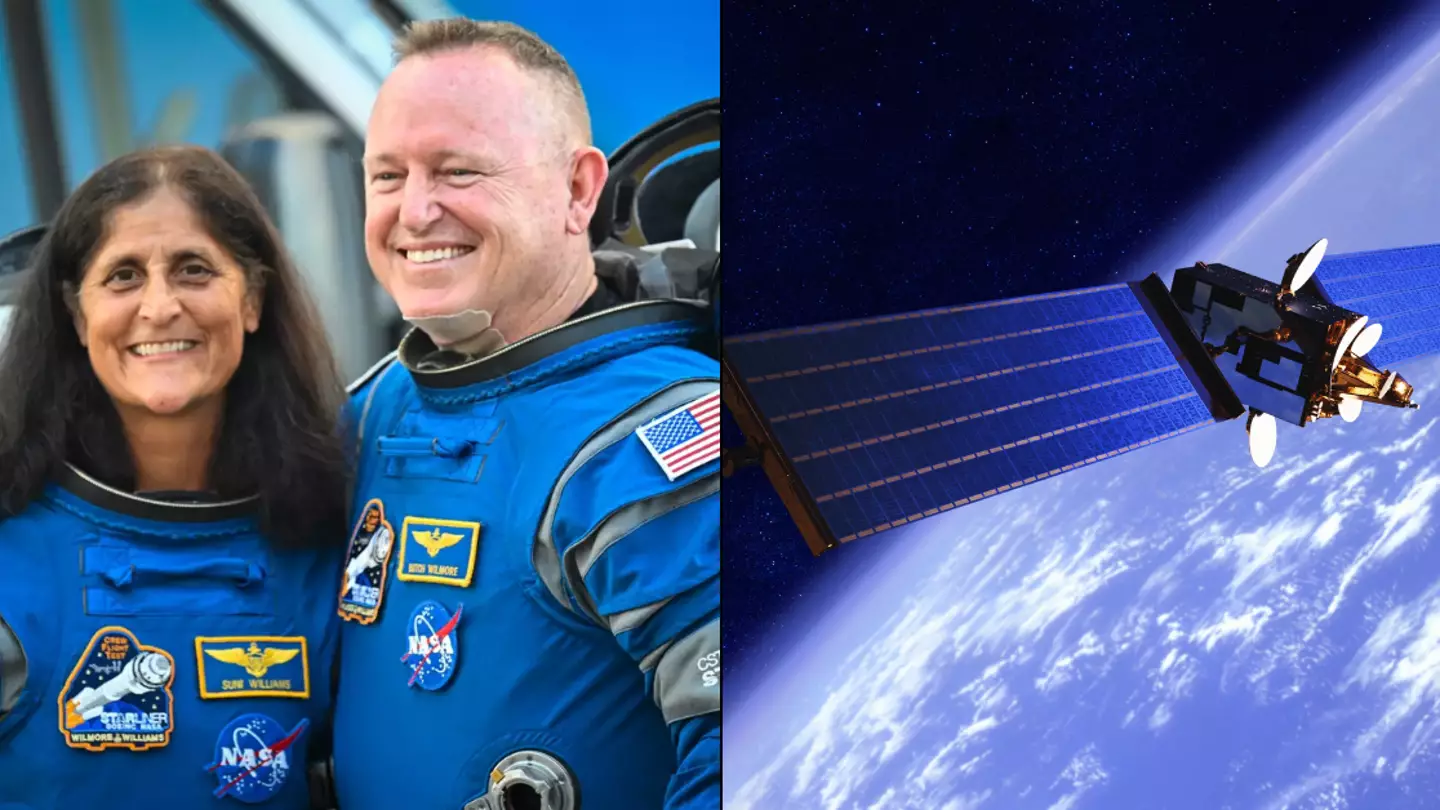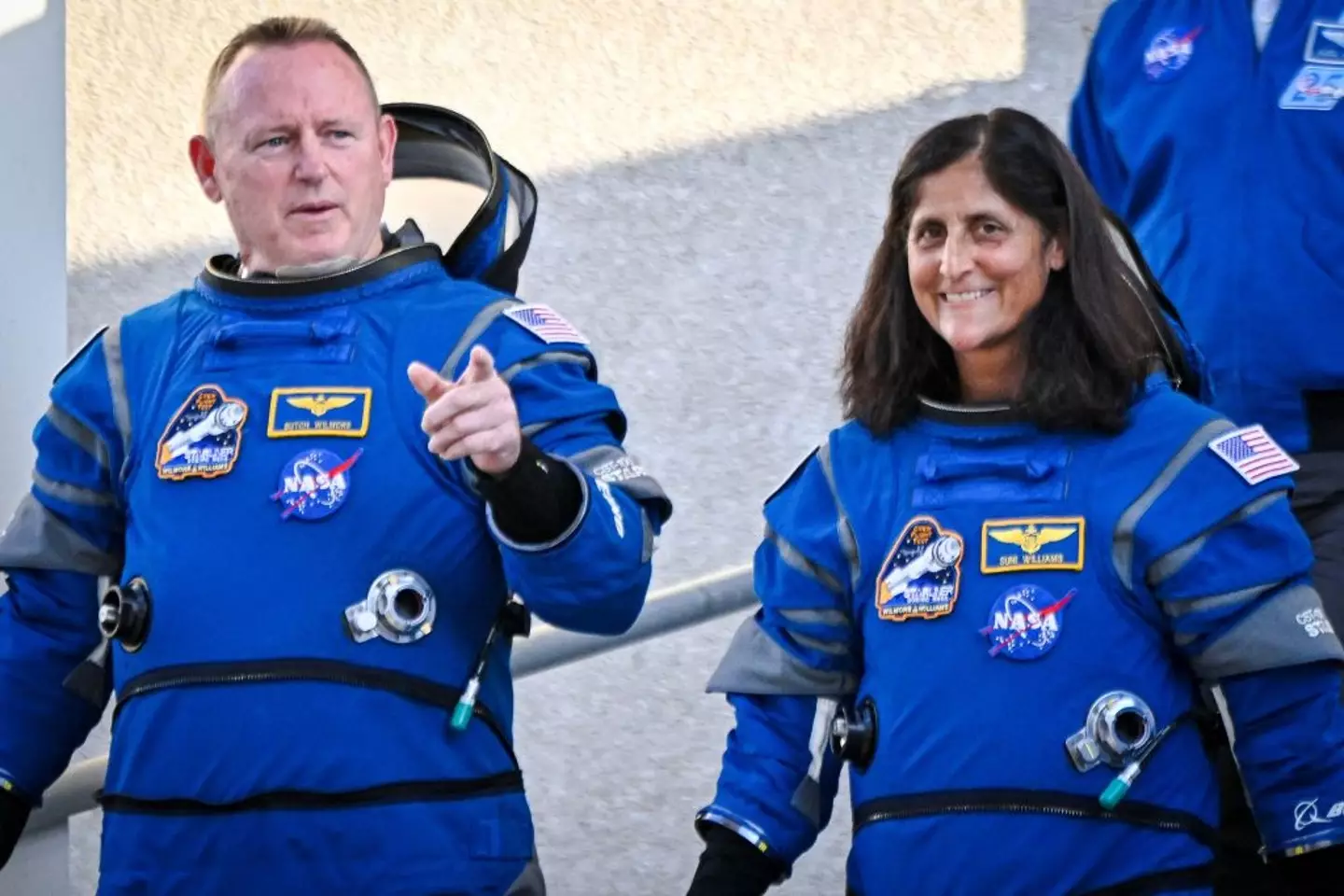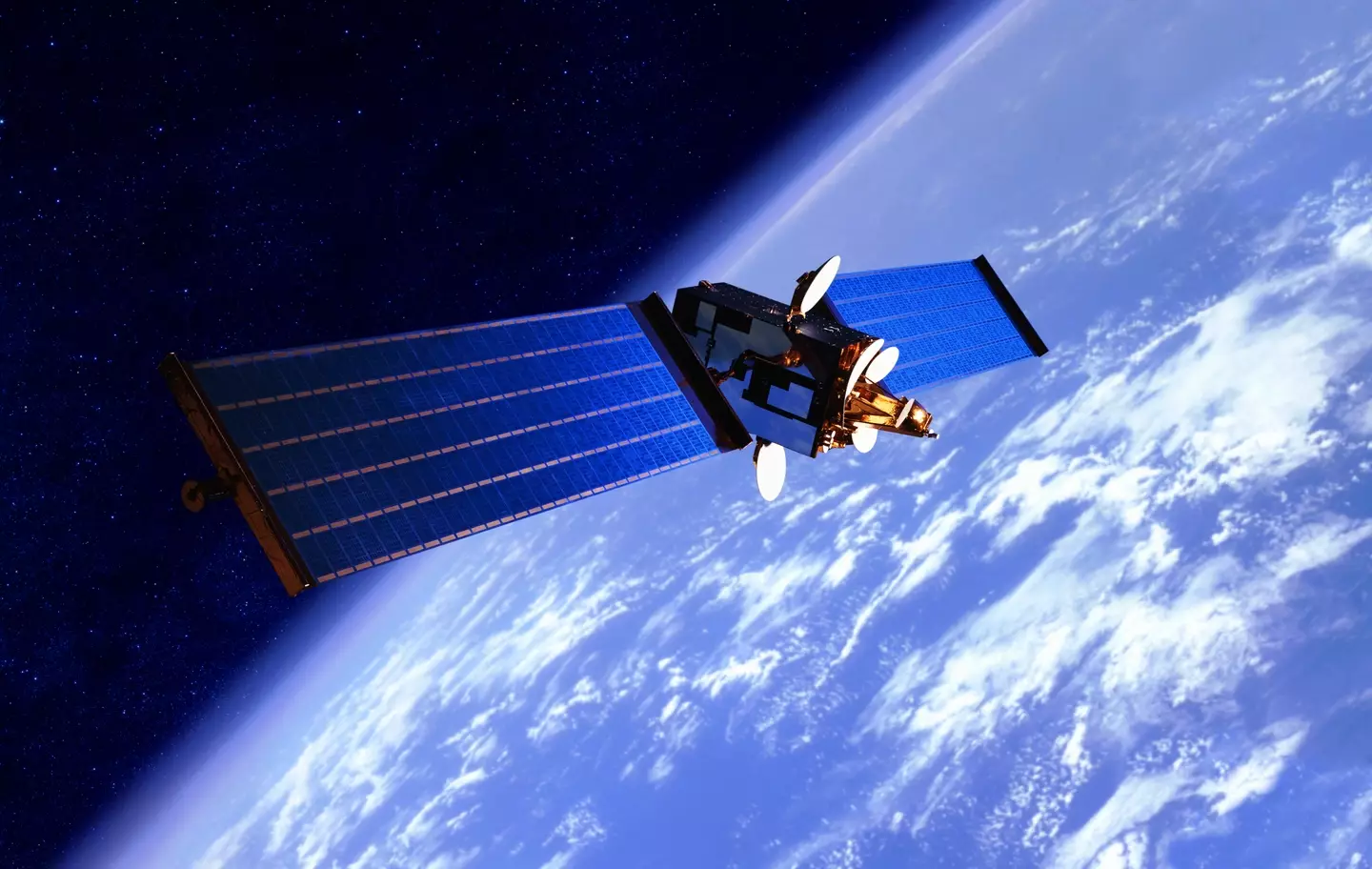
I'm sure it's not a thought you'd ever have to worry about, I'm sure.
But for NASA astronauts Barry Wilmore, 61, and Sunita Williams, 58, it's their reality at the moment.
The two are currently stranded on the International Space Station (ISS), after Boeing's Starliner capsule ran into a number of technical issues.
The pair have been onboard the ISS since they launched from Florida, US, on 6 June.
Advert
Sent up by the Starliner, the astronauts docked and were meant to carry out a test mission that would last over a week until running into problems, as the Starliner's faulty thrusters and a number of helium leaks brought concerns over safety.
The astronauts are waiting for news from travel giants Boeing and NASA to conjure a solution to the issue, but engineers are still lost on what the problem is.
So until that is determined, the astronauts are stuck up there, orbiting the Earth.
NASA Commercial Crew Program Manager Steve Stich said that there is no set return date just yet, explaining: "We don't have a major announcement today relative to a return date.
"We're making great progress, but we're just not quite ready to do that.
"Our focus today...is to return Butch and Suni on Starliner. I think we're starting to close in on those final pieces of the fight rationale to make sure we can come home safely and that's our primary focus right now.
"We’ll come home when we’re ready."
But after such a long amount of time in space, what happens to the body?

Well, according to the Lead of Life Sciences at the European Space Agency, Angelique Van Ombergen, a few things happen.
Calling space a 'hostile environment' for the body, Van Ombergen explains in a YouTube short: "When astronauts spend several months in space, they can lose up to 20% of their muscle mass, and also their bone density decreases.
"Since the whole body is exposed to microgravity, the heart doesn't need to pump around as much blood as it used to on Earth and the cardiovascular system deteriorates," she revealed.
Van Ombergen said that in their first few days in space, astronauts can experience 'acute motion sickness', while over time, radiation from the Sun could cause DNA damage.

This could increase the risk of cancer and could even cause cardiovascular degeneration.
It can also have an impact on the astronaut's mental health, as the health expert added: "Being confined in a small space, far away from family and friends, can also have a negative impact on human psychology."
She concludes by saying that the ISS gives them a great opportunity to study and better understand the effects of spaceflight on the human body and how to improve the experience and treat it when they're back on Earth.